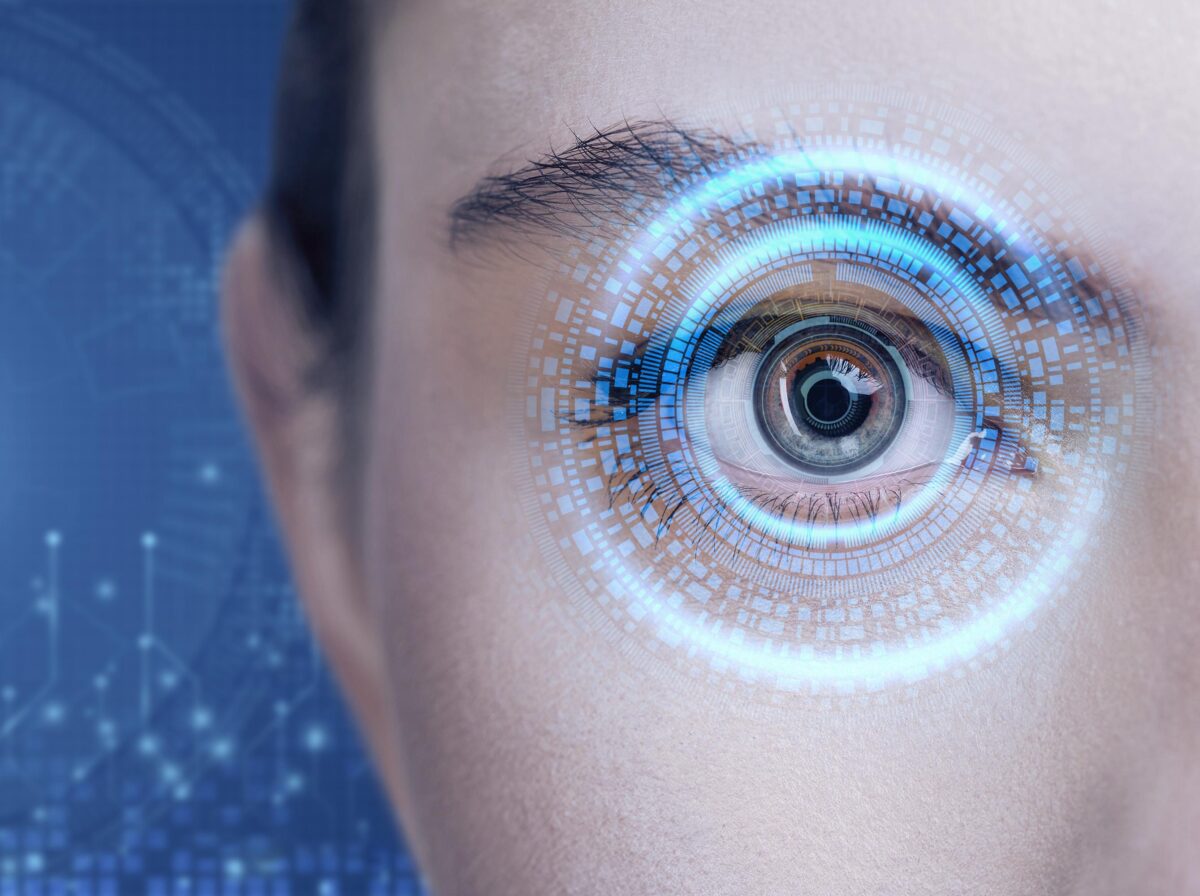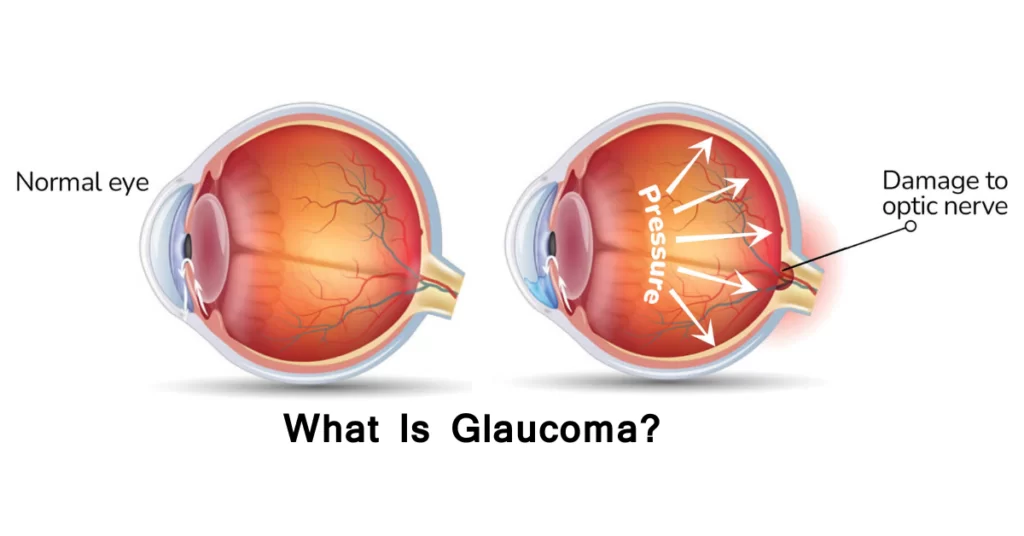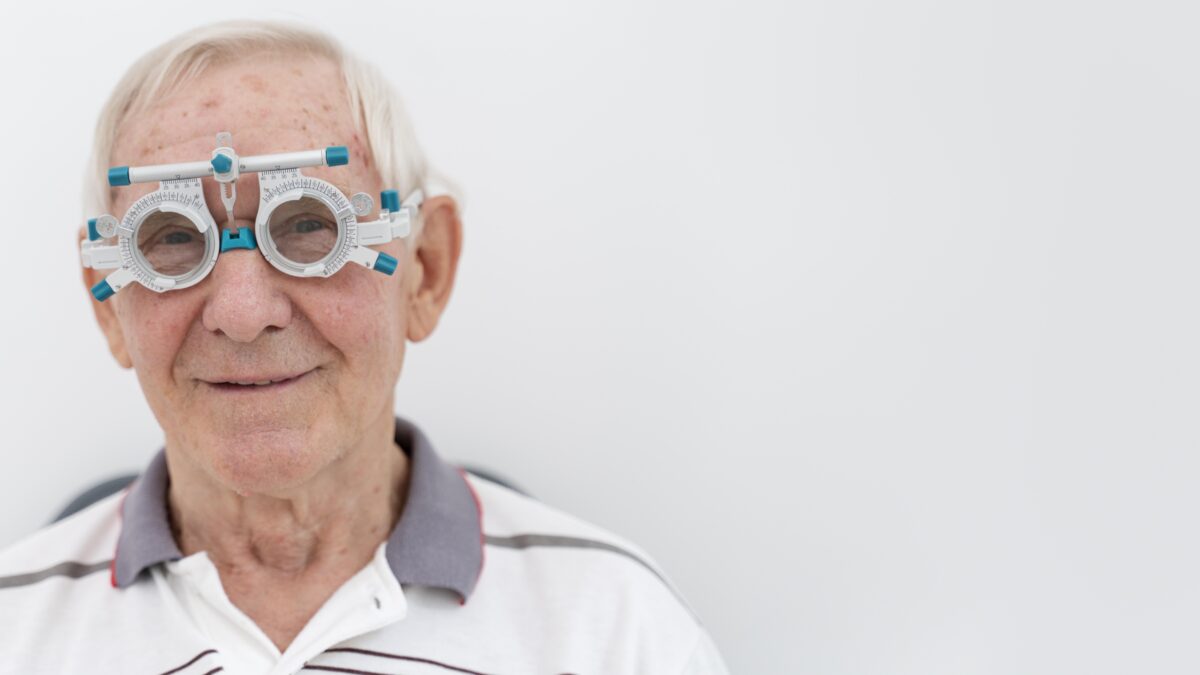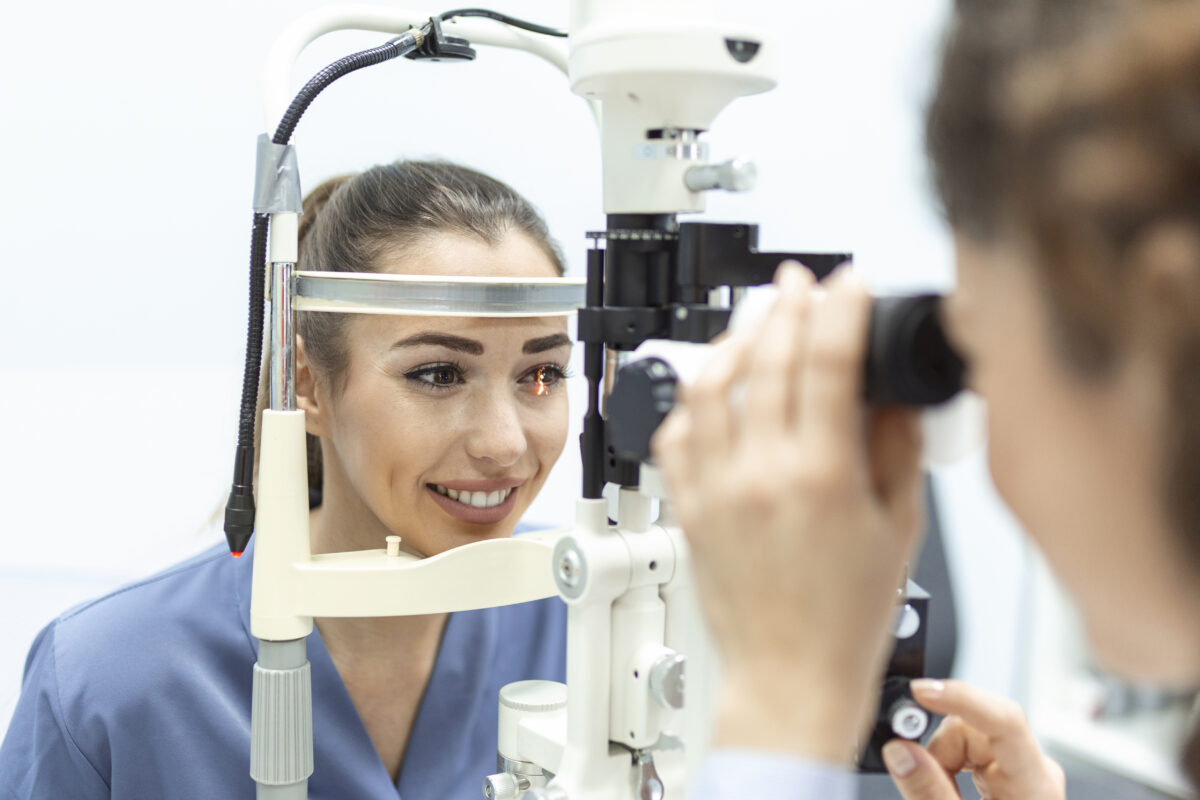As parents, we want the best for our children, especially when it comes to their health. But some conditions, like Lazy Eye (Amblyopia), can sneak up quietly. The good news? If caught early, it’s treatable. Let’s break it down simply and helpfully.
What is lazy eye (amblyopia)?
Lazy eye, or amblyopia, is a vision development disorder where one eye doesn’t develop proper vision like the other. It typically starts in early childhood, between birth and age 7.
Even though the eye may look perfectly normal, the brain starts to favor the stronger eye, and over time, the weaker eye can get worse because the brain is ignoring its signals.
The root cause
- Strabismus (Eye Misalignment)
Strabismus happens when a child’s eyes don’t line up in the same direction. One eye may look straight ahead while the other turns inward, outward, upward, or downward.
Because the eyes aren’t aligned, the brain gets two different images. To avoid confusion or double vision, the brain may start ignoring signals from the misaligned eye and that’s how amblyopia begins.
Signs to look for:
- One eye that consistently turns
- Child tilts or turns their head to focus
- Squinting or closing one eye when focusing
- Refractive errors (unequal vision)
Sometimes, one eye sees clearly while the other is blurry due to refractive errors like:
- Nearsightedness (myopia): Hard to see far away
- Farsightedness (hyperopia): Hard to see up close
- Astigmatism: distorted or blurred vision at any distance
If one eye has significantly better vision, the brain will favor it, and the weaker eye may gradually “shut off,” leading to amblyopia.
Heads-Up: This type of amblyopia can go unnoticed because the eyes may appear perfectly normal.
- Obstructions in the eye
Anything that blocks light from entering and forming a clear image can interfere with visual development. Common obstructions include:
- Congenital cataracts (clouding of the eye’s lens)
- Droopy eyelid (ptosis)
- Corneal scars or other abnormalities
Since the eye isn’t receiving clear input, the brain starts relying only on the other eye, and the weaker eye’s vision can deteriorate.
This type needs quick treatment; the earlier, the better it prevents long-term issues.
- Premature birth or low birth weight
Babies born early or with low birth weight have a higher risk of developing vision problems, including amblyopia.
Why?
Their eyes and brains might not have developed fully at birth, and they’re more vulnerable to conditions like:
- Retinopathy of prematurity (ROP)
- Strabismus
- Delayed visual development
- Family history of amblyopia or eye disorders
Genetics can play a role. If a parent, sibling, or close relative had lazy eye or strabismus, your child may have a higher chance of developing it too.
That doesn’t mean it will happen, but it’s a smart idea to be extra watchful and schedule regular eye check-ups starting in infancy.
Is it a big deal?
If left untreated, amblyopia can lead to permanent vision loss in the weaker eye. But here’s the good news: When detected early (before age 7–9), treatment is often very successful.
So yes, it’s something to take seriously but not something to panic about. You just need to stay aware.
What should you look out for?
- One eye that wanders in or out
- Squinting or closing one eye to see better
- Poor depth perception (bumping into things often)
- Tilting the head or covering one eye
- Struggling with reading or recognizing faces
And, of course, regular eye exams are key, especially if there’s a family history of vision problems.
How to fix it?
The goal is to force the brain to use the weaker eye so that it develops properly. Here are common treatments:
Glasses: Correcting refractive errors often helps the brain get clearer images from both eyes.
Eye patching: A patch is worn over the stronger eye for a few hours daily. This encourages the brain to work harder with the weaker eye.
Atropine drops: These blur the vision in the stronger eye temporarily, again forcing the weaker eye to take over.
Vision therapy: Some fun, game-based exercises (sometimes even VR!) can train the eyes to work together.
When to begin treatment?
The earlier, the better. The brain is more adaptable when a child is younger, so early intervention, ideally before age 7, gives the best outcomes. But even older kids and teens can still benefit from treatment, so don’t lose hope if you’re starting late.
A lazy eye might sound scary, but it’s one of those conditions where knowledge truly is power. The sooner you spot it, the easier it is to correct.
At Dr. Rani Menon Maxivision Eye Hospitals, we focus on helping our patients see better and live healthier lives through early detection, smart prevention, and the latest in eye care treatments.
so, trust your instincts and don’t delay; book an eye check-up today.
Bright little eyes mean brighter days, and your child will thank you in countless ways!










